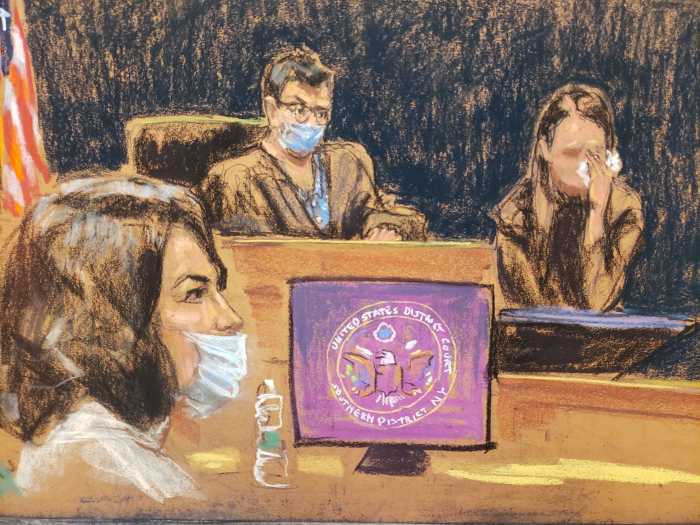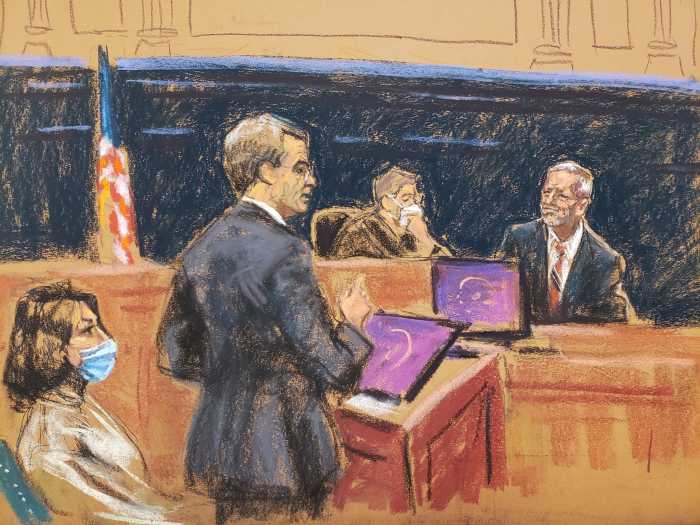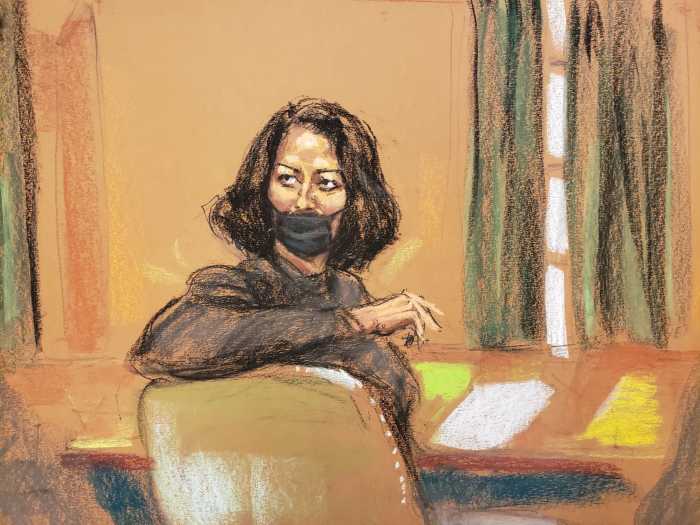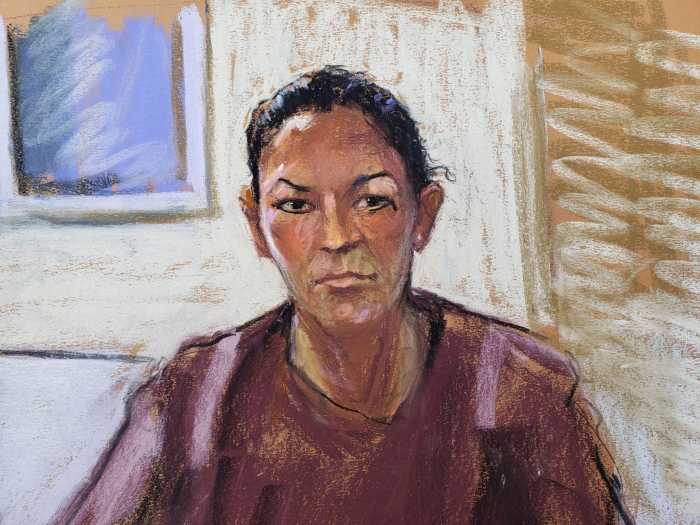Underage victims of sexual abuse are frequently “groomed” by adults they have grown to trust, an expert called by prosecutors to testify in British socialite Ghislaine Maxwell’s criminal trial said on Thursday.
The testimony by psychologist Lisa Rocchio came on the fourth day of Maxwell’s trial in Manhattan federal court.
It followed emotional testimony this week by a woman, known by the pseudonym Jane, who said she was 14 when Maxwell set her up for abuse by now-deceased financier Jeffrey Epstein and participated in some sexual encounters.
Maxwell, 59, the daughter of late British media baron Robert Maxwell, has pleaded not guilty to eight counts of sex trafficking and other charges.
Her lawyers have said prosecutors are scapegoating her because Epstein is no longer alive, having killed himself in a Manhattan jail cell in 2019 at age 66 while awaiting trial on sex abuse charges.
Maxwell’s indictment said she spent significant time with four underage girls who Epstein abused, including taking them to the movies and discussing sexual topics.
Rocchio’s testimony could bolster the government’s argument that this was not innocent behavior.
“When children are sexually abused, most often it is not done through the use of physical force but rather through grooming and coercion in the context of a relationship,” Rocchio said, referring generally to grooming and not to Maxwell specifically.
Rocchio said adults might give gifts, engage in touching such as hugs and massages, and tell sexual jokes to win children’s trust and desensitize them to sexual contact.
In testimony earlier this week, Jane said Maxwell showed her how Epstein liked to be massaged and made explicit references to sex when asking whether she had a boyfriend.
Jane was the first of four accusers expected to testify against Maxwell.
Maxwell’s lawyers have indicated that they intend to call a psychiatrist, Park Dietz, to testify that Maxwell’s efforts to win girls’ trust did not reflect an intent that they be abused.
Maxwell was an employee of Epstein’s in the 1990s and 2000s, responsible for managing his personal properties.
Her lawyers have also argued that the memories of Maxwell’s accusers have faded over the years and that a compensation fund set up for Epstein’s victims gave them a financial incentive to implicate Maxwell in criminal wrongdoing.
One of Maxwell’s lawyers asked Jane why she never reported abuse to authorities until after Epstein’s death.
Jane had testified earlier that she struggled to come forward because she felt “shame and disgust.”
Rocchio testified that the younger child victims are, the more likely they will delay disclosure.
“Most children don’t tell anyone about the abuse they’ve experienced until adulthood,” she said.




























